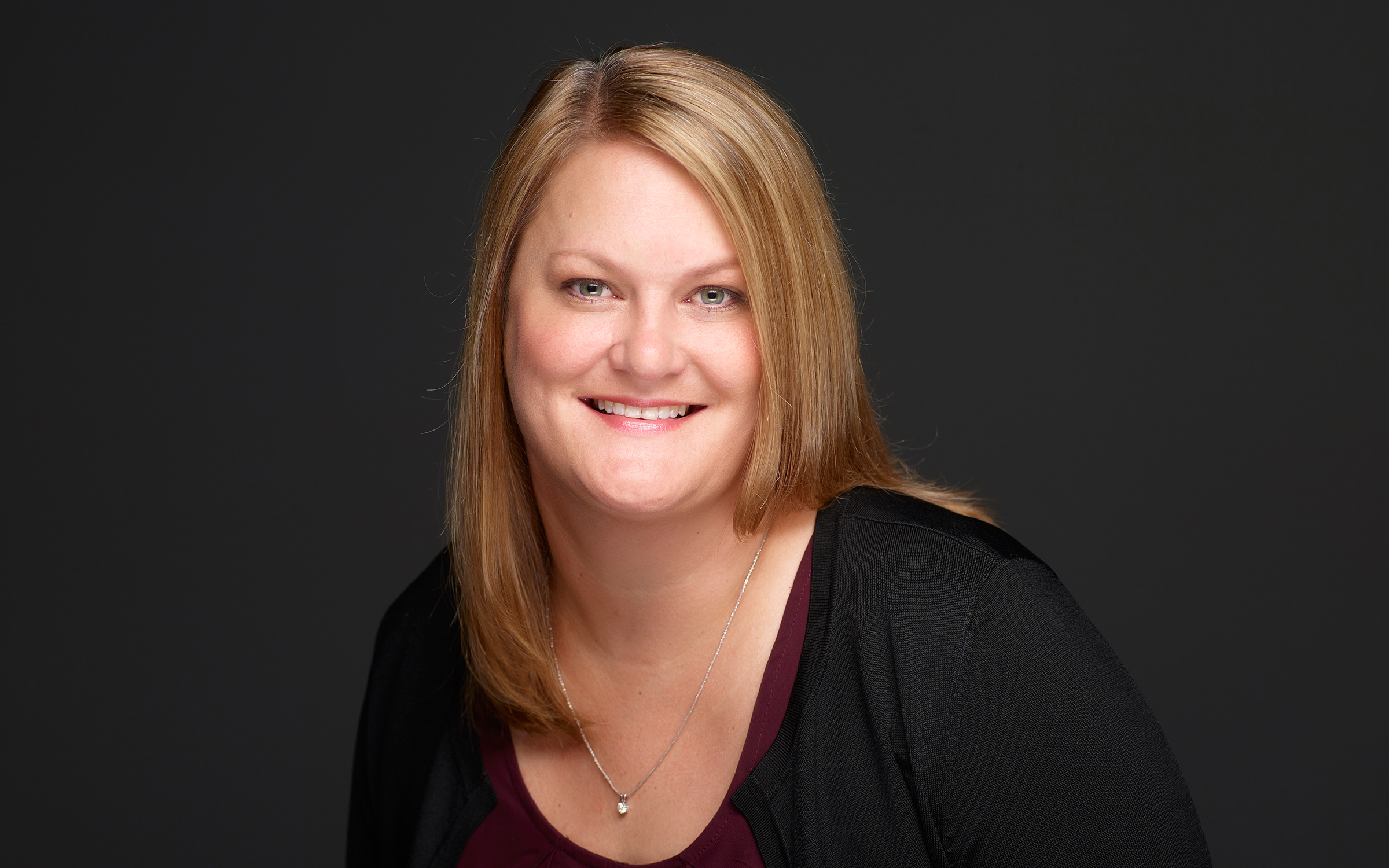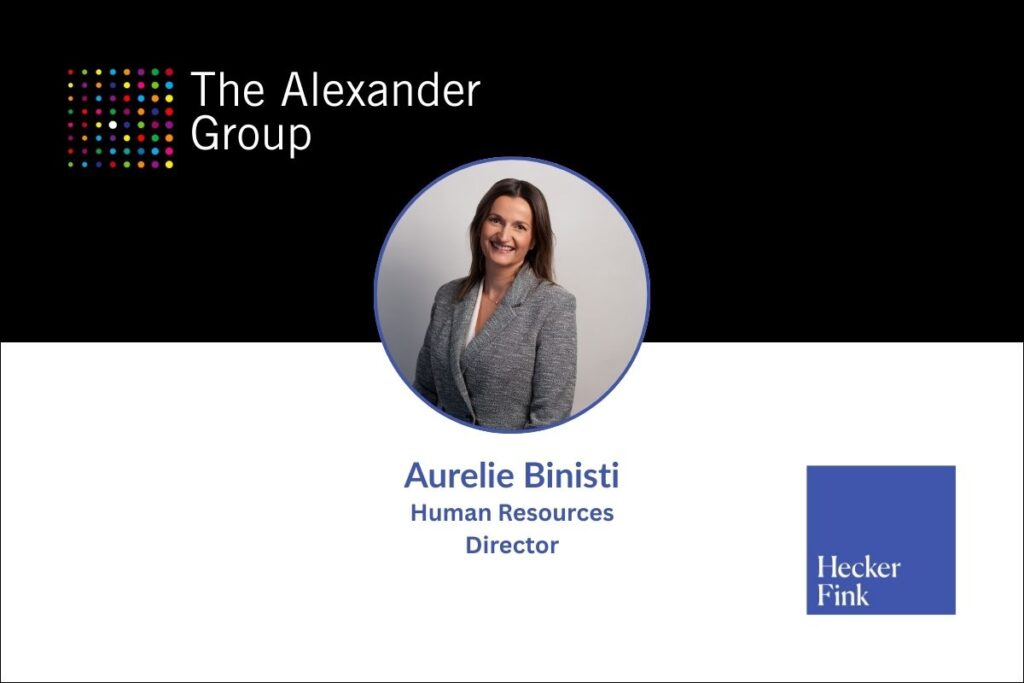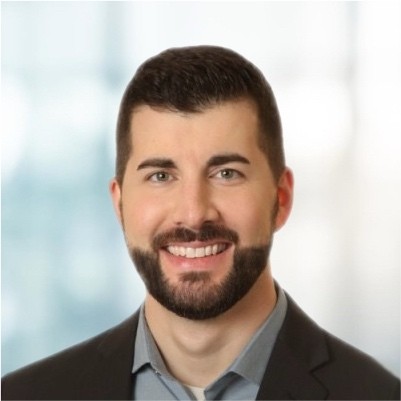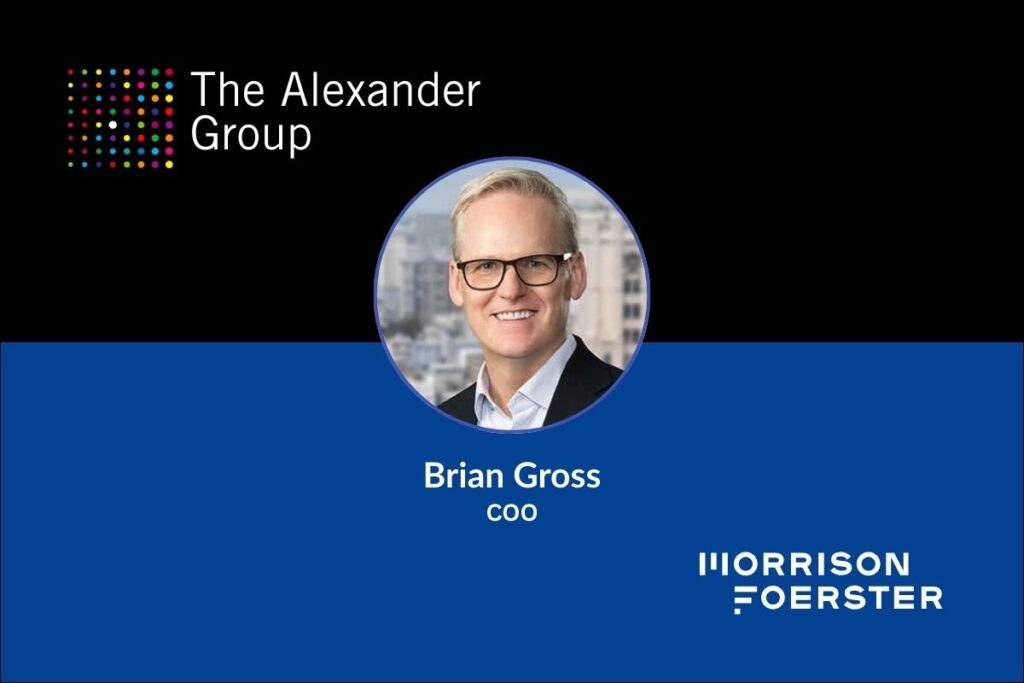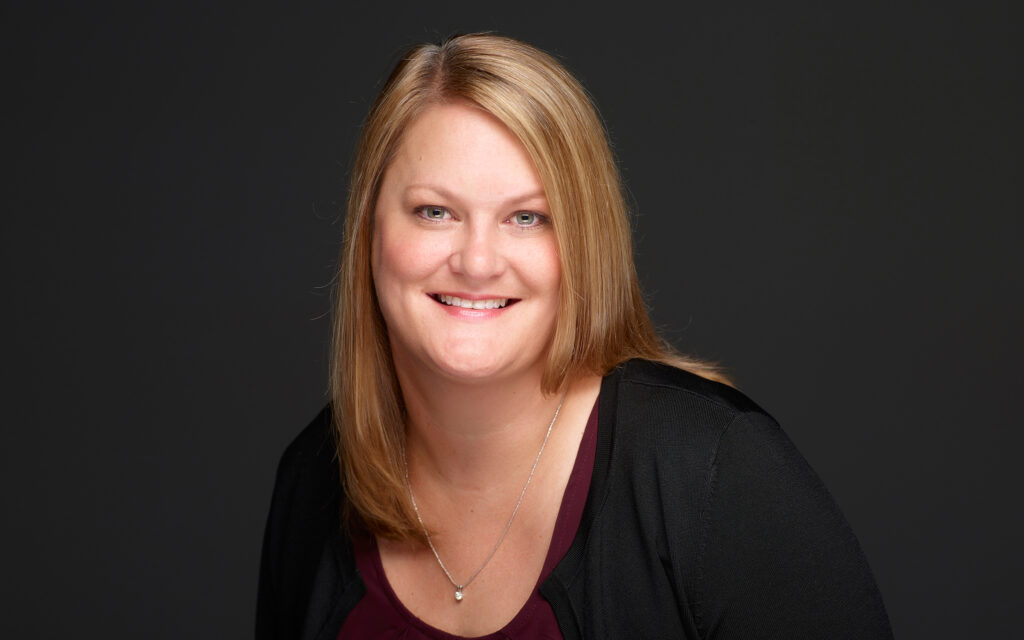
Tara Bunch, COO of the American Kidney Fund, describes herself as a “strategy nerd” whose career has spanned media, nonprofits, and strategic consulting.
As the Chief Operating Officer of the American Kidney Fund (AKF), Bunch oversees core operational areas—finance, administration, human resources, and IT—and acts as liaison to the Board of Trustees’ Audit and Finance Committees. In this AKF executive interview, Bunch shares how strategic leadership and cross-functional experience have shaped her role at the helm of American Kidney Fund leadership.
This nonprofit executive Q&A offers insights into how mission-driven operations can thrive under thoughtful, agile leadership.
About Tara Bunch
A Harvard M.B.A. graduate, Bunch began her career in strategic consulting for media and entertainment businesses at Accenture and wound her way through heady roles at Discovery Communications, Travel Channel Media, and National Geographic. She was the Director of Global Strategy and Business Development at National Geographic, where she transitioned from Chief of Staff in 2014 to Deputy Chief Operating Officer in 2016.
Her affinity for strategic planning was rewarded when she was named Chief Business Operations Officer at the National Geographic Society, where she served as an enterprise leader accountable for managing critical staff functions, including information technology, human resources, facilities, finance, planning, metrics, evaluation, and research.
The road ahead for the American Kidney Fund is laden with opportunities for Bunch, her team, and the Board of Directors to continue the organization’s life-changing work on behalf of the more than 35.5 million Americans living with kidney disease.
“What I appreciate about strategic planning at AKF is the broad engagement we have in the process. So often, strategic plans seem to come from a black box and are put on a shelf. At AKF, we spend about a year pulling the plan together, with input from across the organization and the Board of Directors,” Bunch said. “I am excited to see how our plan will change from our current one, recognizing both the progress and the challenges we have faced since finalizing it at the end of 2022.”
Tara Bunch’s Perspective: Strategy, Agility, and Operational Excellence in Nonprofit Leadership
Read more of the conversation between Director Sarah Mitchell, The Alexander Group, and American Kidney Fund COO Tara Bunch below.
How COO Tara Bunch Applies Strategic Thinking to Nonprofit Operations
Q: Your early career included management consulting and financial leadership roles. How have those experiences shaped your current work in nonprofit operations and informed your strategic approach as COO of the American Kidney Fund?
Bunch: This is likely a bias toward my financial analysis roots, but I still love the adage, “show me your financials and I will tell you what you care about.” Also, “no margin, no mission.” I think the most misunderstood part of nonprofit work is the notion that we aren’t as analytical, or we don’t pay as much attention to the bottom line. Strategic thinking and financial analysis—the same skill sets I honed in the earliest parts of my career— are still key to the work I do at the American Kidney Fund.
I think my early years in consulting developed my muscles of both getting up to speed quickly on the issues at hand and being able to shift from one topic to another. As Chief Operating Officer at AKF, I may have meetings about upcoming Board Committees first thing in the morning, then shift to our training strategy for staff, then have a conversation about our financial statements and how to think about the rest of the year. All of that before noon!
In terms of leadership, I have learned to be flexible and adapt my approach based on the unique circumstances I face, utilizing past experiences to make more effective decisions. In all the roles I have held, I still return to the basics of breaking down problems or opportunities into manageable pieces that we can successfully address.
I hope along the way, I am inspiring and motivating my team toward our shared goals and mission.
Tara Bunch on Shifting from For-Profit to Nonprofit
Q: We regularly hear from executives looking to make a move from for-profit to nonprofit leadership. How did you navigate your transition from for-profit to nonprofit organizations, and what advice would you share with others looking to make the leap?
Bunch: It wasn’t really a conscious decision, but it feels like the ultimate path I was on all along. I started my professional career in strategy consulting. Coming out of college, it seemed like an amazing opportunity to experience different kinds of organizations and industries while (hopefully) adding value and efficiency to their operations. I think I have always had that kind of mindset – both to help solve problems but also to look for ways to make things work better.
Many of my consulting clients were in the media space, so when I decided to attend graduate school, I wanted to transition into the educational media world upon graduation. Two reasons: one, I found the business side of media fascinating and a place where I could add value, and two, I realized during my consulting years that it was always a better experience when I truly believed in the product. I ended up taking an internship at Discovery Communications after graduating and stayed there for nearly seven years. It was a great opportunity to bring my skill sets – financial, analytical, strategic – to an exciting time in media when HD and streaming were just ideas coming to fruition. The organization also went public during my time there, which was a learning experience in and of itself.
My next move was to National Geographic, but I started on the for-profit side. After a few years, I was asked to help onboard the new CEO. It was supposed to be for just a few months, but I transitioned into his Chief of Staff. A year or so later, that position enabled me to be part of a transaction that solidified the future of the nonprofit side of National Geographic, and I remained on the nonprofit side for the remainder of my time there. So, while this was absolutely a shift from for-profit to nonprofit, I think the thread that ran through it was that the “product” each was putting out was something trying to be good for the world. We can argue whether or not TV is “good,” but in my mind, a documentary is better than most consumer products.
The biggest difference for me is the ability in nonprofits to think long-term, truly. Yes, we have daily, monthly, and annual financial pressures and realities, but the vision and mission of nonprofits reach well past the tenure of their employees. We can also be creative in who we partner with and how those partnerships can work. While we need outside funding to operate, we can also enter partnerships that don’t involve funding if the organizations can bring something unique to the table to advance our mission. It allows for a lot of freedom to try different things.
How Tara Bunch’s COO Role Shaped Her Leadership Approach
Q: As the COO of AKF, you lead a range of diverse functional areas. How did you learn to manage large teams across functions, and how has your management style changed over the last decade as you’ve grown?
Bunch: My management style has definitely changed over the years. At first, leaders tend to manage staff in their own area of expertise – for me, it was in Financial Planning & Analysis. I think from my years in strategy consulting, I always thought about the connections across functions – while finance, technology, and human resources absolutely require different skills and areas of focus, they ultimately need to work together to effectively allow an organization to function well. And while I may not know how to code technology, as an employee, I know what it feels like to try to learn a new platform, or what the annual performance review process feels like from an employee perspective – I can take that insight into leadership of those functions, while ensuring I have an amazing team with those deeper skill sets.
The most challenging transition of a function I ever had was managing facilities at National Geographic, a team of engineers, mechanics, and other staff, whose jobs I had no personal experience with. I knew I needed to trust the team to give me the information I needed, and my value was in the connections of their work to the rest of the organization. By bringing the detail(s) and the big picture together, we were able to create a really high-functioning team for the organization.
I think what has changed the most about my management style is the comfort I have in sharing when I don’t know something. It isn’t a weakness – it is an opportunity to learn something and recognize the skills and knowledge of those on the team. I don’t need to know all the answers or know how to do everything. My value is guiding my teams and helping them unlock their ideas; I can help them understand how things may fit into the overall organizational perspective, and how important each of them is to that bigger picture. My hope is that it creates a culture of trust and learning across the teams I manage, and in support of the organization as a whole.
Tara Bunch on American Kidney Fund Leadership and Impact
Q: You are four years into your tenure as COO at AKF, and previously you served as Chief Business Operations Officer at National Geographic. What was your experience in moving to a voluntary health organization? Are all nonprofits the same, or have you found marked differences in what spells success?
Bunch: I think nonprofit organizations are generally more similar than dissimilar; they are groups of people working to make something better in the world. The kinds of smart, driven, and creative people I had the pleasure of working with at National Geographic are the same kinds of smart, driven, and creative people I have the honor of working beside at the American Kidney Fund.
The largest difference for me in moving to AKF is the singularity of focus around people with kidney disease, what they need, and how we can help them live healthier lives. It is a smaller organization in terms of staff size than I have worked at previously, but that focus allows us to have an immense positive impact on people living with kidney disease, their caregivers, and the policies, research, and education that we develop to one day eradicate these illnesses. We are small but mighty.
I think success at any nonprofit comes from the belief in the mission and the creativity of those involved to come up with ways to make that mission a reality. Before I got to AKF, the COVID pandemic was in full force, and it had a devastating effect on kidney patients. The team at AKF quickly pivoted and created a grant program to help patients, providing emergency funding for assistance with life-critical needs, such as food, transportation, nutritional supplements, and medical expenses. It is that kind of thinking that I think makes a successful organization – how can we quickly mobilize in the face of whatever is new coming our way and make a difference for those we pledge to support?
Inside AKF’s Evolving Strategy and Impact
Q: What is on the horizon for AKF?
Bunch: So many things! A few I think are exciting are our focus on the clinical and medical side of kidney disease, and our forthcoming strategic plan.
In 2024, we hired a full-time nurse practitioner who serves as AKF’s Senior Director of Clinical Education, and a part-time Chief Medical Officer – both firsts for AKF. We have always had a Medical Advisory Committee and medical practitioners on our Board to help guide us, but investing in staff with these skill sets will really turbocharge our ability to advocate for kidney patients.
I am a self-proclaimed strategy nerd, so working on the next version of AKF’s strategic plan is exciting for me. What I appreciate about strategic planning at AKF is the broad engagement we have in the process. So often, strategic plans seem to come from a black box and are put on a shelf. At AKF, we spend about a year pulling the plan together, with input from across the organization and the Board of Directors. I am excited to see how our plan will change from our current one, recognizing both the progress and the challenges we have faced since finalizing it at the end of 2022.
*Even though our series is titled “Five Questions with Extraordinary Leaders,” we welcome additional insight from the featured leaders, and Ms. Bunch was no exception, so this installment includes a bonus question and answer.
Keeping Teams Engaged in Challenging Times
Q: How do you approach the challenges of recruiting and keeping your team engaged and motivated during economic uncertainty and political shifts?
Bunch: I feel like I have seen so many talent market shifts throughout my career. I think back to the tough market I entered into in 2002 after grad school, the downturn in 2008-ish, and of course, all of the challenges throughout COVID.
There are two main ways I feel like I have been successful in leading an engaged and motivated team – showing empathy and focusing on connection. We all know we often spend more time with our work colleagues (or working) than we do with people in our personal lives, so we should strive to make that time fulfilling. While jobs aren’t required to provide happiness, the best jobs do; they also provide challenge, connection, and provoke curiosity.
As a leader, I try to identify opportunities for growth for my team and be honest when either I don’t know something or something isn’t possible. Building that trust is key when the outside world is scary or uncertain. My team (hopefully) knows that they can trust me to give them guidance and also empathize when things are not in our control. Honesty is a big part of that too – I admit when I don’t know something or need help. That was harder for me to do early in my career, but I want to model to the people I work with that I don’t have all the answers, but I will help find them.
I also try very hard to build and maintain connections across my team and the organization. We are a hybrid organization, so we are mostly interacting virtually. But the time we do spend together, we make it intentional: team meetings and training, crossover meetings with other staff. I start every team meeting with a question – something like “what did you have for breakfast”, or “what is your favorite thing to write with” – so that the team can get to know each other in a different way. And I end every team meeting with kudos, which allows me and the team to shout out major and minor accomplishments. My goal is to create those connections that carry over into work – if you know you and another colleague REALLY like red pens, you may be more likely to reach out about a question you have.
The Alexander Group Global Executive Search
The Alexander Group has the privilege of partnering with leaders who bring both vision and operational excellence to the organizations they serve. Executives like Tara Bunch, COO of the American Kidney Fund, exemplify the kind of strategic, empathetic leadership needed to drive meaningful impact in today’s complex landscape.If your organization is seeking exceptional talent to navigate change and deliver results, we’d be honored to help you find your next extraordinary leader.
